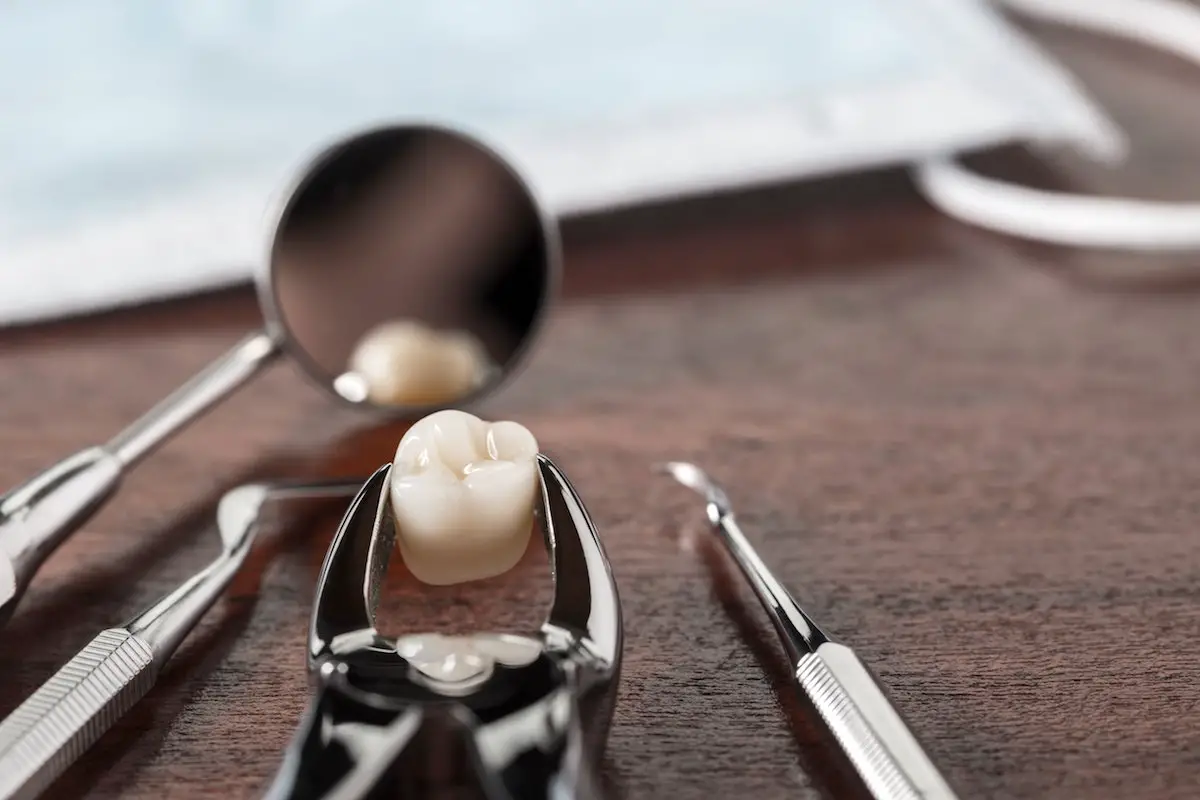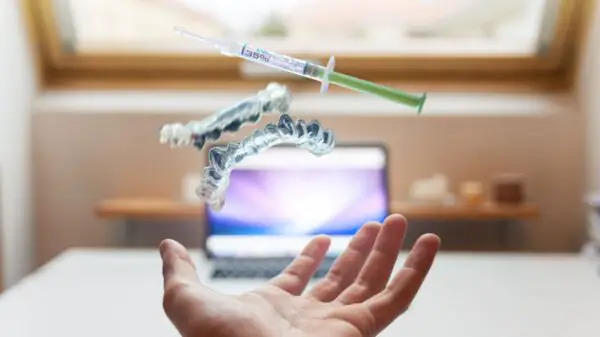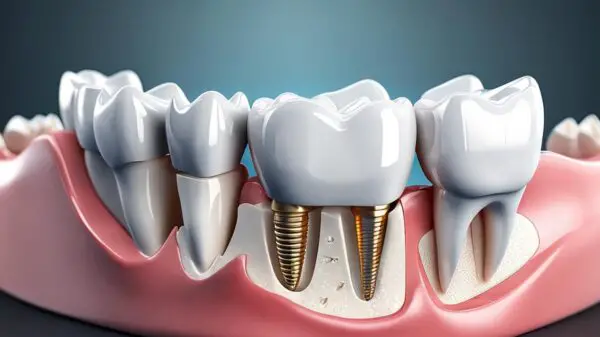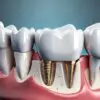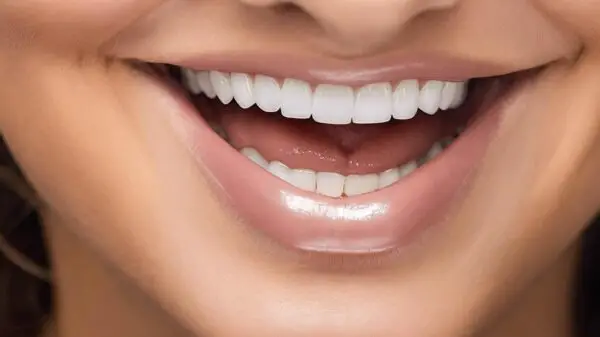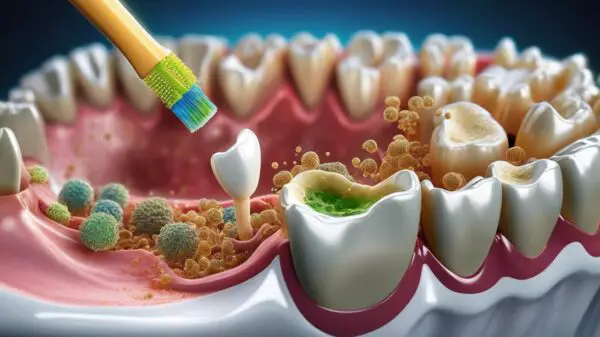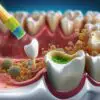No one looks forward to having surgery, but sometimes it’s necessary. The same is true for dental surgery. While no one enjoys having their mouth poked and prodded, sometimes it’s the best course of action to take. Dental surgery can be used to correct a number of different problems. If you have an infection, then you may need to have a root canal. If you have a cavity that is too large to be filled, then you may need to have a tooth extracted. Whatever the reason, dental surgery is often very effective in treating various dental problems. So, if you are wondering if you can talk after having your wisdom teeth removed, look no further!
Yes, you can talk after a wisdom teeth removal. You should not have any trouble talking after wisdom teeth removal, as the surgery itself is not generally very invasive. Therefore your ability to speak should not be impeded. Of course, you may have some swelling and discomfort immediately after the procedure. While this could make speaking a bit more difficult, this discomfort should only last for a day or two.
The good news is that dental surgery has come a long way in recent years. Thanks to advances in technology, dental surgery is now much less invasive than it once was. In fact, many procedures can be done using lasers instead of traditional drills. This means that the surgery is often much less painful than it used to be. However, if you have any questions or concerns be sure to ask your dentist!
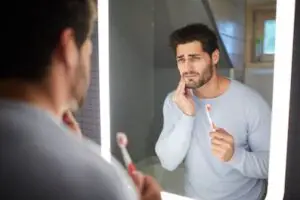
Wisdom Teeth
These days, when most people think about dental surgeries, the topic of wisdom teeth is not far behind. Wisdom teeth are the third and final set of molars that most people get in their late teens or early twenties. For some people, these teeth come in without any problems. But for others, wisdom teeth can cause a lot of pain and crowd in the mouth.
Reasons to Get Wisdom Teeth Removed
There are a few reasons why you may need to have your wisdom teeth removed.
1. Not Enough Room
One reason is that there may not be enough room in your mouth for them. When this happens, wisdom teeth can become impacted, meaning they get stuck and can’t come in all the way. Impacted wisdom teeth can cause a lot of pain, swelling, and infection.
2. Teeth Are Coming In At an Angle
Another reason you may need to have your wisdom teeth removed is if they are coming in at an angle. This can cause your teeth to crowd or shift, which can be very painful. Wisdom teeth that are coming in at an angle may also damage other teeth or the bones in your mouth.
So, if you are having problems with your wisdom teeth, it’s important to see a Tulsa dentist or oral surgeon to find out if they need to be removed. Some people choose to have their wisdom teeth removed even if they aren’t causing any problems. This is because wisdom teeth can be hard to clean, and they may eventually cause problems even if they don’t seem like they are right now.
No matter what your reason is for needing wisdom tooth removal, it’s important to know that the procedure is usually quick and easy. Most people have their wisdom teeth removed in an outpatient setting, which means you won’t have to stay overnight in the hospital. The recovery time is usually pretty short, too. You may have some soreness and swelling for a few days after the procedure, but you should be back to your normal activities within a week or so.
When Is It Too Late to Get Removed?
There is no definitive answer to this question. It really depends on the individual case. If you are having problems with your wisdom teeth, it’s best to see a dentist or oral surgeon to find out if they need to be removed.
In general, it’s best to have wisdom teeth removed before they cause problems. This is because the surgery is usually quicker and easier when the teeth are not yet impacted or causing other problems. Recovery time is also usually shorter when the procedure is done sooner rather than later.
That said, there is no upper age limit for wisdom teeth removal. Even if you are in your 30s, 40s, or even 50s, you can still have your wisdom teeth removed if necessary. The surgery is usually a bit more difficult in older adults, but it is still possible to do the procedure and recover without any major problems.

What Is the Process Like?
The process of getting your wisdom teeth removed is usually pretty straightforward.
1. Meet with a Dentist/Oral Surgeon
Meet with a dentist or oral surgeonto discuss your options and decide if the surgery is right for you.
2. Schedule the Date for the Surgery
If you decide to go ahead with the procedure, the next step is to schedule a date for the surgery.
3. Surgery Prep
On the day of the surgery, you will be given local anesthesia to numb the area around your wisdom teeth. This will help ensure that you are comfortable during the procedure. You may also be given sedation to help you relax. Sedation is not required, but it can be helpful if you are anxious about the surgery.
4. The Surgery
Once you are numb or sedated, the dentist or oral surgeon will make an incision in your gums to expose your wisdom teeth. In some cases, the wisdom teeth will be removed whole. But in other cases, they may need to be cut into smaller pieces before they can be removed.
5. After the Surgery
After your wisdom teeth have been removed, the incisions in your gums will be closed with stitches. You will then be taken to a recovery area to rest until the anesthesia wears off. Once you are awake and alert, you will be able to go home.
Can You Talk Normally After the Procedure?
While you may be worried about how you will feel after the surgery, it is important to remember that most people recover quickly and without any major complications. In fact, you should be able to return to your normal activities within a few days.
As far as speaking goes, you should not have any trouble talking after wisdom teeth removal. The surgery itself is not generally very invasive, so there should not be any damage to your mouth or throat that would impede your ability to speak. Of course, you may have some swelling and discomfort immediately after the procedure, which could make speaking a bit more difficult. However, this should only last for a day or two and can be easily managed with pain medication.
Overall, having your wisdom teeth removed is a relatively minor procedure that should not have any major impact on your life. You will likely experience some discomfort and swelling immediately afterward, but this should quickly subside. Within a few days, you should be able to return to your normal activities, including talking.
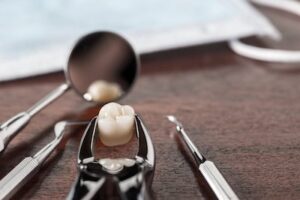
Are There Ways to Help the Healing Process?
There are a few things you can do to help the healing process after getting your wisdom teeth out.
1. Follow Dentist’s Instructions
First, be sure to follow your dentist’s or oral surgeon’s instructions for care. This may include using a special mouthwash, taking certain medications, and avoiding smoking.
2. Eat Soft Foods
Second, eat soft foods and liquids for the first few days. Avoid hot drinks and alcohol, as they can irritate the extraction site. Stick to cool or lukewarm beverages and soups, mashed potatoes, yogurt, and ice cream. Gradually add other soft foods back into your diet as you heal.
3. Rest
Third, rest and relax as much as possible for the first 24 hours. After that, you can resume your normal activities but take it easy for a few days. Avoid strenuous exercise and activities that may jar or jostle your mouth.
4. Apply Ice to Your Face
Fourth, apply ice to your face for the first day or two to help with any swelling. You can also use over-the-counter pain medication to help with any discomfort.
Every Experience Is Different But Not Unusual
If you have a conversation with your dentist, and it turns out that you do need to have your wisdom teeth removed, then don’t worry. Chances are that you know someone who has had their wisdom teeth out, or you’ve seen the hilarious videos of people who have been recorded after coming out of anesthesia. The truth is that what you say after you wake up from the surgery will be the most painful–well, painfully embarrassing–part of the whole thing.
While wisdom tooth removal is a fairly common procedure, every patient’s experience is different. Some may have little to no pain or discomfort during and after the procedure, while others may experience more significant symptoms. Recovery times can also vary from person to person but usually take just a few days. Overall, wisdom tooth removal is a safe and routine procedure that can provide relief from impacted or problematic teeth. If you are considering having your wisdom teeth removed, be sure to consult with an experienced oral surgeon to ensure the best possible outcome.



